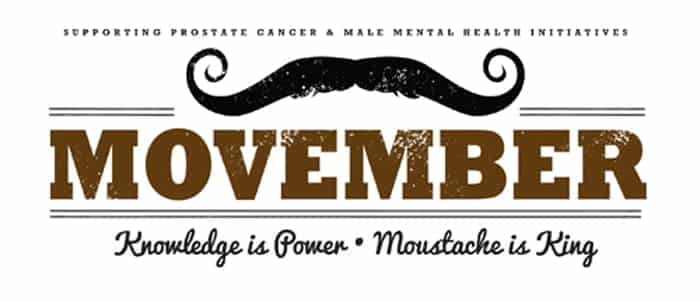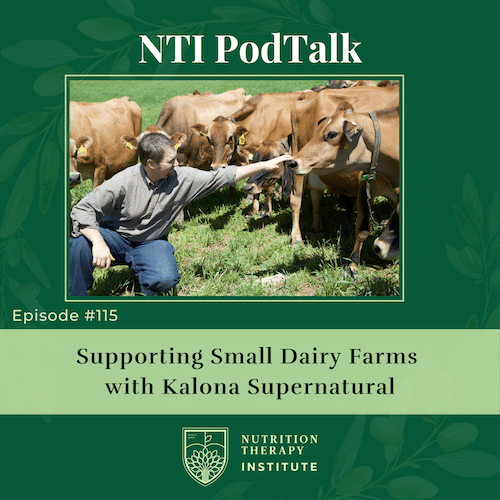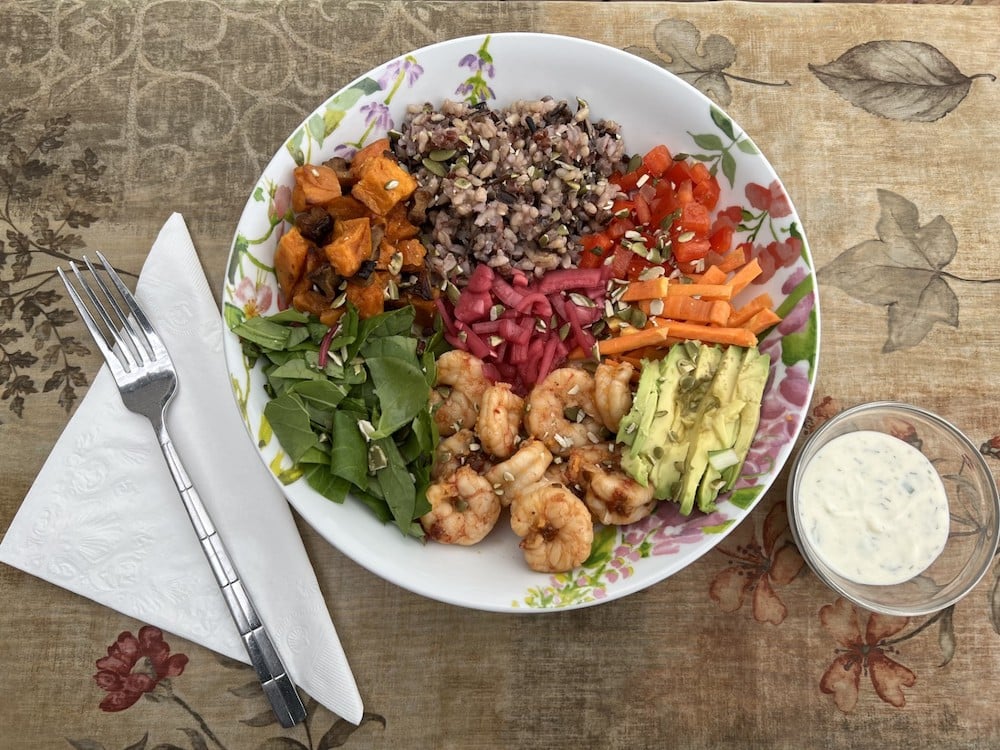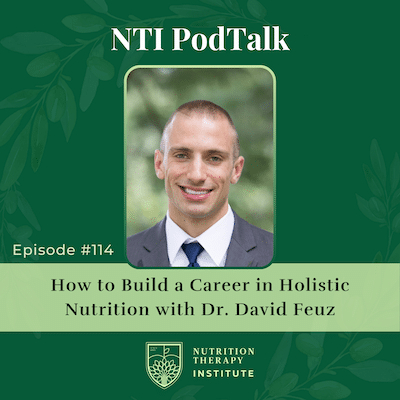
Share this post!
International Men’s Day is November 19 and the entire month is dedicated to multiple causes associated with men’s health including Movember and “No Shave November”. This post is dedicated to prostate cancer, the second leading cancer death for American men.
I’m really excited about this month’s Dude’s Foods post because November is men’s health month! International Men’s Day is November 19 and the entire month is dedicated to multiple causes associated with men’s health including Movember and “No Shave November”. These programs both work to spread awareness and raise funds for research into men’s health issues like prostate cancer.
Prostate cancer is the second leading cancer death for American men, and although it kills similar numbers of people as breast cancer there is a large gap in research funding between the two cancers. In fact, breast cancer receives about twice the funding prostate cancer does.[i]
Happily, holistic nutrition has a lot to offer for prostate cancer prevention and support. Let’s take a look first at some known risk factors for prostate cancer and other prostate disease:
- Age: Prostate cancer is a slow-growing cancer and is most common in older men.
- Prolonged sitting: Movement promotes the body’s natural detoxification mechanisms like lymphatic drainage, which help to remove toxic substances that may contribute to cancer. In contrast, prolonged sitting contributes to the stagnation of toxins in the prostate region, which increases the risk of prostate disease.
- Decreased sexual activity: A Harvard study found that infrequent ejaculation is associated with increased rates of prostate cancer.[ii]
- Exposure to hormone disruptors: Like breast cancer, prostate cancer is a hormone-sensitive cancer. Substances which mimic estrogen in the body may increase prostate cancer risk. Hormone disruptors include pesticides on produce, rBST in milk, and BPAs from plastic food containers.
- Overweight: Extra body fat, especially around the abdomen, also contributes to hormone imbalance by exerting an estrogenic effect on the body.
In addition to making more healthful lifestyle choices, we can avoid and address prostate cancer through the foods we eat. Noteworthy nutrients that have been demonstrated to help prevent and address prostate cancer are presented here, as well as foods that contain these nutrients.
Foods and nutrients to emphasize:
- Dietary fiber
- Helps bind excess estrogens for elimination in the stool
- Found in vegetables, beans, seeds, nuts, and berries
- Omega-3 fatty acids
- High consumption associated with a lower risk of prostate cancer
- Found in cold-water fish like wild-caught salmon, sardines, and anchovies
- Lycopene
- Antioxidant with special affinity for the prostate gland
- Found in pink grapefruit, watermelon, and tomatoes
- Selenium
- Supplementation reduces prostate cancer risk by as much as 63%[iii]
- Brazil nuts, sardines, and salmon
- Zinc
- This mineral is highly concentrated in the prostate gland
- Found in Rocky Mountain oysters (bull testicles), beef, lamb, sesame and pumpkin seeds
- Proanthocyanidins
- This class of antioxidants are found primarily in the skins of berries and grapes
- Found in red, blue and purple berries, grapes, cocoa beans, and cinnamon
- Vitamin E
- Appears to work synergistically with selenium
- Found in sunflower seeds, almonds, dark leafy greens (spinach, chard, beet/mustard greens), and avocado
- Green tea
- Catechins in green tea may help to prevent prostate cancer
- One constituent called epigallocatechin gallate (EGCG) shows promise for addressing established cancers
- Organic fruits, vegetables and animal products
- Organic food is lower in hormone disruptors from pesticide residue and hormones used in conventional ranching
Although prostate cancer is a scary diagnosis, nutrition therapy offers safe and effective tools to prevent and address this menace. Have any of the men in your life been affected by prostate cancer? Be sure to check out the Movember website to get involved in the fun and fundraising to benefit men’s health!
Aaron Mello is a Master Nutrition Therapist and founder of MoodFood Clinic. He can be contacted at 720-683-8715 or aa***@************ic.com, or view his website at www.moodfoodclinic.com.
NTI creates optimal health through nutrition education.
Image: Image is free for use by logodix.com
Share this post!


















